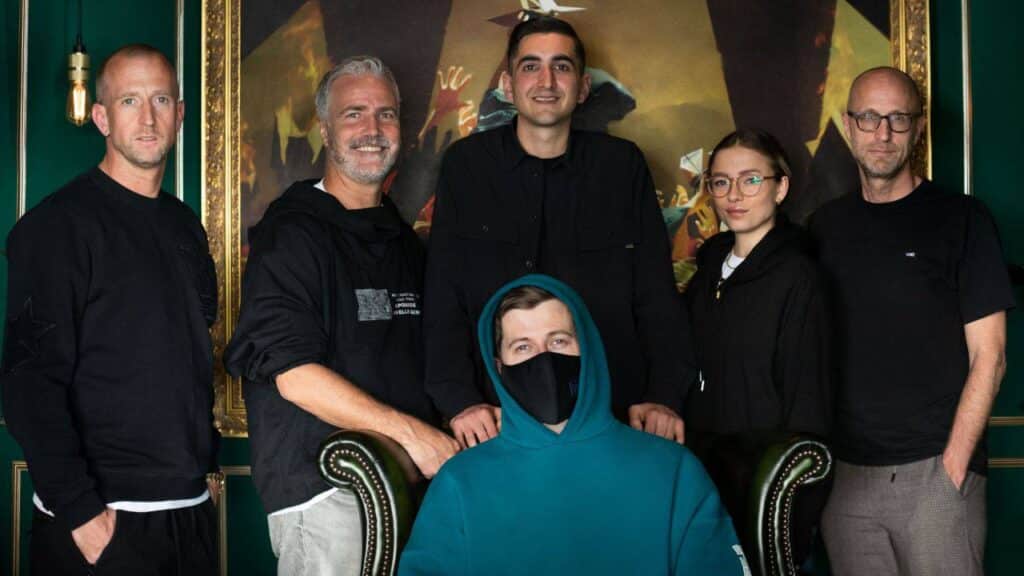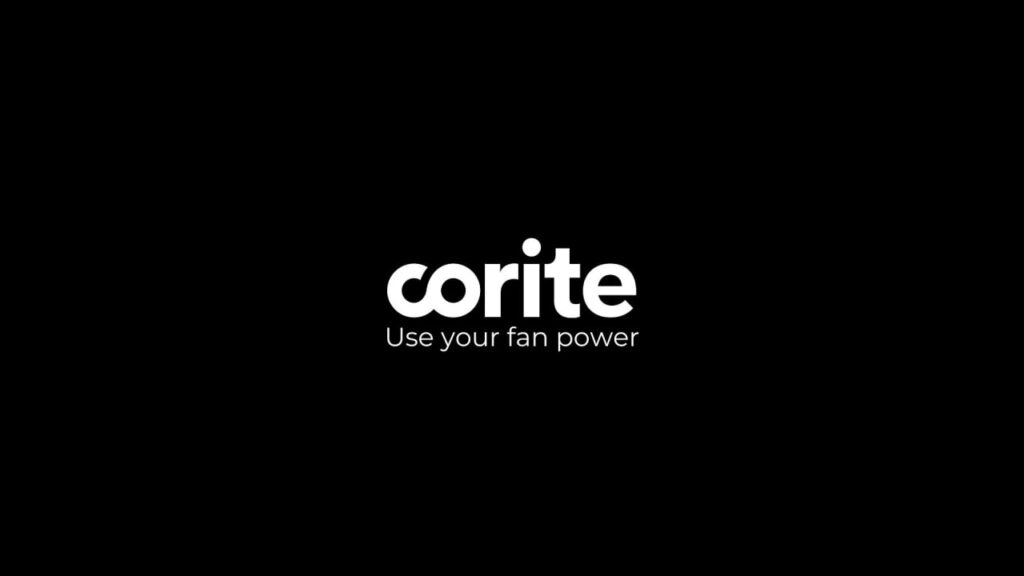In this interview, Mattias Tengblad, CEO and co-founder of Corite, explains why he thinks NFTs will significantly impact the music industry in the near future. He also elaborates on how musicians can utilise NFTs to reach fans and create new revenue streams.
Jonas Kasper Jensen (JKJ): Can you tell me about Corite and how you work with NFTs?
Mattias Tengblad (MT): The core mechanic of our service is a crowdfunding mechanism, whereby users financially back artists in exchange for a portion of the streaming revenue generated by their songs. Corite uses tokens to represent and track these revenue shares, which are sent to the address of the user who backed the artist. The use of NFTs in this way greatly streamlines the entire process and makes it far more transparent than using an internal accounting system.
We also work with artists and festivals to create and launch NFT collections. Some of these tokens are purely collectable, while others grant users certain privileges such as lifetime festival access, access to airdrops, and more.
Earlier this year, we worked with Alan Walker on a campaign called Origins, which used NFTs in a very original way. Users found Codes in real life and on websites, including Twitter, that allowed them to claim an NFT, representing a small piece of an Alan Walker music video. Once all the pieces were found, the video was released, and the holders of the NFTs began receiving a share of the streaming revenue generated on YouTube.
JKJ: What is a music NFT, can it come in different shapes, and why should fans own a music NFT?
MT: Well, the answer above shows that the exact form and use of a ‘Music NFT’ are not easily definable, so I guess it’s just any NFT that has some connection with an artist or their music.
Since the use cases are so varied, I think a fan should own a music NFT if it serves their needs or wants. Some people are just collectors and are happy to own something unique or limited related to an artist. Others may want to buy something that gives them benefits, like access to a VIP fan club or admission to an event. Still, others would be interested in an NFT that represents a revenue share because they are primarily interested in investing.

JKJ: What, in your opinion, do NFTs bring to the table for musicians?
MT: In the traditional model, artists are typically paid last when their fans buy something. The great thing about an NFT is that artists typically get paid first. In addition, creator fees mean that artists can continue to get paid each time an NFT changes hands in the future. So overall, I think it offers a new and more efficient way for a musician to monetize their creative efforts.
JKJ: Why do you think NFTs will be a huge part of a music artist’s career in the near future? Do you believe that NFTs will change the music industry, and how will this happen?
MT: In general, the world is trending from the physical toward the virtual. Nowadays, most tickets and music people buy are digital, and they pay with debit or credit instead of cash.
I see crypto tokens and assets as the next step in that process because it allows tickets and the money used to pay for them to become fully distinct digital objects. If I pay for an NFT ticket and pay with Ethereum, the assets that changed hands don’t require a third party (i.e., Ticketmaster) to collect and manage the money and verify tickets.
The crypto solution is just far more elegant, and while we have a long way to go before these processes become fully streamlined and user-friendly, I think this is the direction things will head in.
JKJ: There is a lot of talk that web3 will remove intermediaries like record labels and streaming services. Can you explain why that is and also point out where you fit into this narrative, being a new platform providing services for artists?
MT: Well, one of the biggest issues facing musicians is that middlemen take a cut of everything. In traditional setups (i.e., record labels), overhead costs for the label are very high, and thus, they take a lot of the revenue and it doesn’t make it to the artist.
What I think works well about a platform like ours is that artists receive funding upfront when they run a successful campaign, which then allows them to promote and develop further. This creates a positive feedback loop because the backers benefit when an artist receives more exposure and generates more streams and plays.

JKJ: What legal rights can a musician sell to fans when selling an NFT?
MT: This is an area that is still rapidly developing, and there is a lot of uncertainty. I think, in the end, we will reach a point where the artist can decide and control exactly what legal rights and privileges are attached to an NFT.
For example, a musician could sell NFT copies of an album while clearly stating that ownership of the NFT grants no rights to the music itself.
Backers on our platform get a share of the money made from streaming, but musicians still own all of their work, including the master recordings.
Eventually, we could see some really cool opportunities in the future, where artists actually sell pieces of the rights to their music via an NFT.
The legal framework is quickly building out around these issues, with some lawyers already billing themselves as NFT and crypto experts. I think this sector will rapidly expand over the next decade, and it will be really interesting to see where we end up.
JKJ: There have been examples of music artists who succeeded with NFTs but they often also already had a large fan base. Why are NFTs different from the already established market, and how can unknown and small artists benefit from NFTs?
MT: Yes, if you already have built your audience and community, you have an advantage, but we’ve also seen small artists benefit a lot from a platform like Corite because it gives them an additional outlet for marketing and a built-in user base. As long as you have enough talent, great music, and are willing to put in the hours required, all independent artists and creators will be able to benefit.
We regularly post about the artists who launch fan campaigns on our platform, and we leverage our Twitter and Telegram followings to drive interest. In addition to this, people who are simply perusing our site might hear something they like and subsequently ‘discover’ an artist they haven’t heard of before.
The fact that fan campaigns result in upfront funding for an artist is especially helpful when you are relatively unknown. For example, an artist can run a fan campaign and use the funding to pay for further marketing and advertising efforts.

JKJ: What will the future NFT music industry look like, in your opinion?
MT: I think it’s really hard to make exact predictions, but I do think that the industry will trend more toward direct connections between artists and fans.
I believe that many platforms, including ours, will begin to offer NFT services for music, tickets, and collectables, as well as increased profit margins for artists and a more direct and interactive experience for fans.
Read other stories: The Token RegRadar Interview Series – Episode 7


